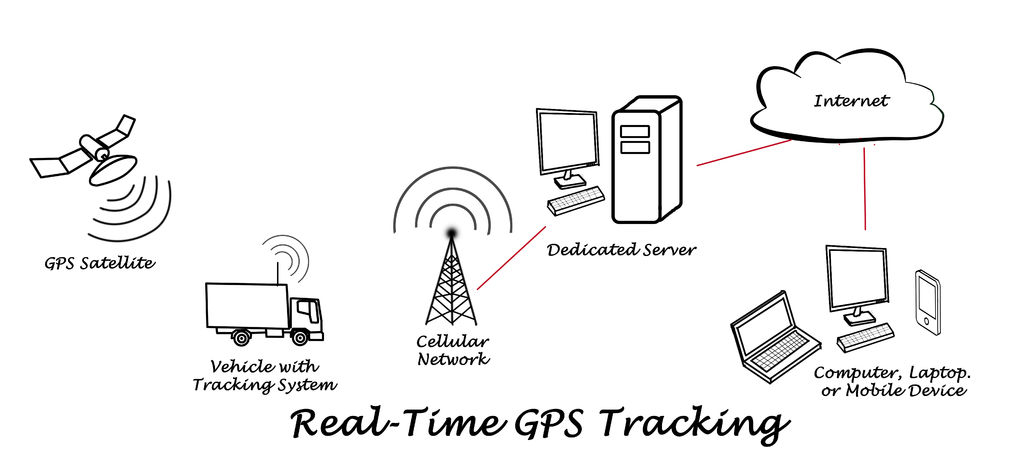How Does GPS Fleet Tracking Work?
6 Sep 2017
Chances are good that you’ve heard the many potential benefits GPS fleet tracking has to offer your organization. There are plenty of ecstatic users of this technology out there extolling its virtues near and far on the World Wide Web and beyond.
You’ve heard about how it can improve record keeping, cut fuel costs, keep drivers in check, and even reduce labor all while helping you keep your customers happier. What you likely haven’t heard much about is how GPS fleet tracking actually works to help your fleet accomplish all these things.
GPS Fleet Tracking 101
GPS stands for Global Positioning System. It involves a network of 27 global positioning satellites that are continuously orbiting the earth in very precise patterns so that each of the six orbital planes is always covered by four active satellites (three are orbiting as backup satellites).
These satellites work in concert to determine the location, direction, and speed vehicles are traveling through a mathematical process called trilateration. It uses the GPS receiver in your fleet vehicles to help configure more efficient or faster routes, to determine approximate travel time, record data related to the trip, and to estimate fuel consumption based on things like speed, terrain, idling, etc.
Types of GPS Tracking
The long story is that GPS fleet tracking involves complex mathematical calculations. There are essentially three different types of GPS tracking available:
- Data Loggers
- Data Pushers
- Data Pullers
Data loggers work by logging the position of objects at regular intervals. This information is stored in a flash-based memory system that must be retrieved via USB connection.
Data pushers are the most useful for fleet tracking purposes. These GPS receivers send data from the device to a central location allowing you to locate vehicles or goods instantly and remotely.
Data pullers are not as common for the sake of fleet tracking, but can be useful for tracking cargo and other items that may have been misappropriated from your fleet vehicles. These systems remain on at all times, but it is up to you to pull data from the receiver when it is needed.
Using GPS tracking for your fleet of vehicles has many impressive and profitable benefits to offer. Knowing how you plan to use your GPS fleet tracking capabilities (loss prevention, tracking, navigation, identification, accountability, record keeping, etc.), will help you determine the best kind of GPS tracking system for your busy fleet.
Call us today here at LiveViewGPS to learn more about the GPS fleet tracking solutions we offer and the benefits they provide. 1-888-544-0494





Comments are closed.